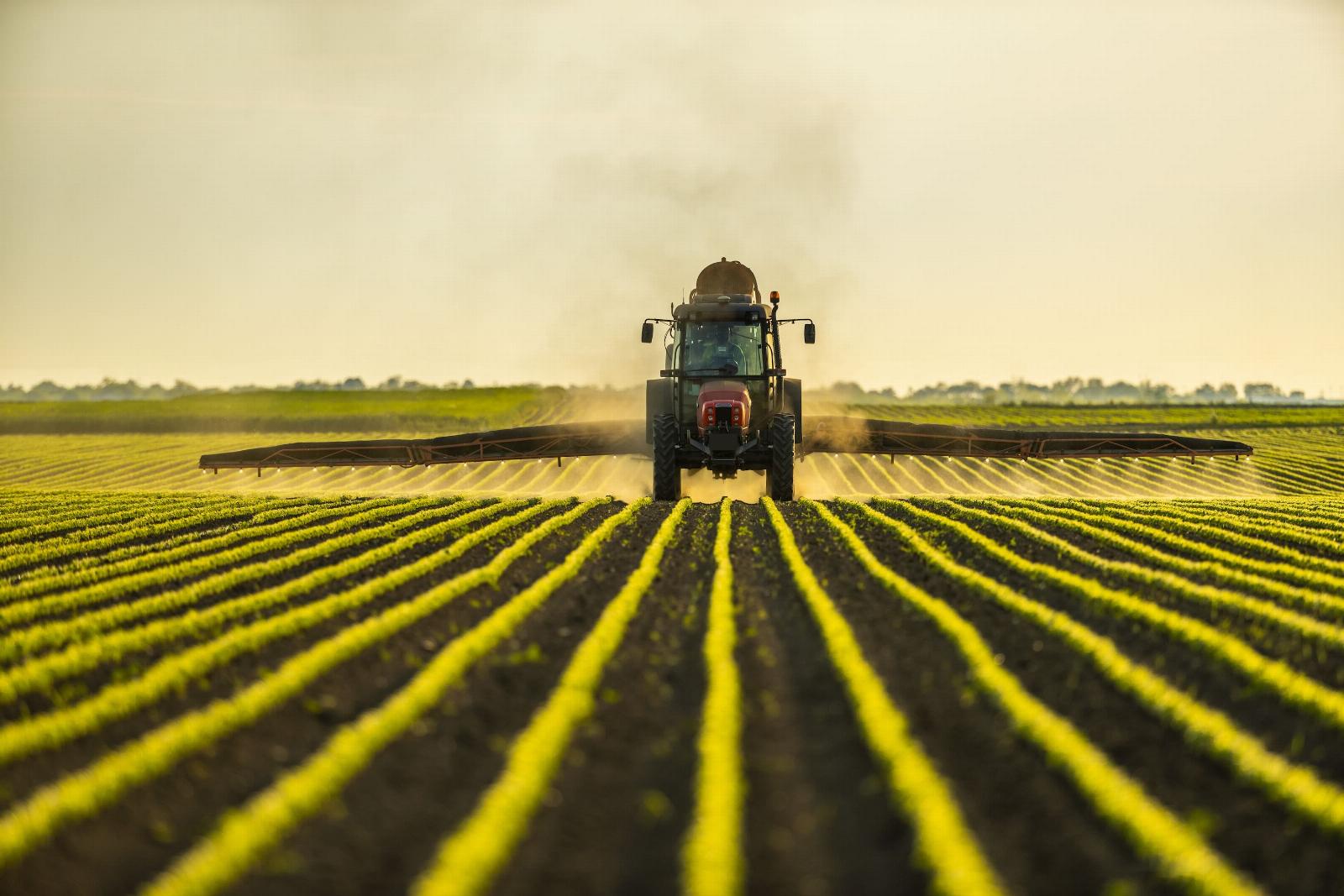
Micropep taps tiny proteins to make pesticides safer
Reading Time: 3 minutesFarmers have got to do something about pests. But nobody really likes the idea of using more chemical pesticides. Thomas Laurent’s company, Micropep, thinks the answer might already be in the plants themselves.
Micropep is exploring how naturally occurring compounds, known as micropeptides, might work as an entirely new class of pesticides. If the startup succeeds, its products promise to be more effective and less toxic than existing synthetic pesticides.
Micropeptides are small proteins, fewer than 100 amino acids long. For years, researchers ignored the genes coded for these proteins, thinking they were too small to do anything meaningful. They were wrong. Micropeptides are helpful for many things, including organ development and communication within and between cells. Perhaps most useful, they can act as switches within a cell, telling which functions to turn on and off.
When it comes to fighting pests and pathogens, such fine control can be pretty useful. Micropep’s first approach is most similar to that employed by antibiotics. The startup’s first products can be sprayed on the leaves of soybean plants. There, it will wait for specific fungi to land on the leaves. When a fungal spore lands and begins to grow, the micropeptide will target the fungus’s cell membrane, forcing it to self-destruct.
If Micropep can make it work, the potential impact could be significant. Agriculture is responsible for about a quarter of greenhouse gases worldwide. Pests consume about 20–30% of all major crops. As the world heats up, insect pests alone will eat up to 25% more grain for every degree Celsius of warming. In other words, pests make agriculture less efficient and climate change super charges them, all of which makes ag’s climate impact that much bigger.
Still, the company faces several challenges before the first farmer can buy Micropep at the supply store. For one, micropeptides don’t fare well in the wild. When they hit the soil, enzymes produced by microbes break them down quickly. To cope with that, the company has been exploring a number of strategies to help its micropeptides last longer.
First, Micropep will start above the soil, with the product for soybean leaves. ‘We found ways to optimize it so that it remains stable for a few days. But in the soil the persistence is very, very brief,’ Laurent said.
To find more durable micropeptides, the startup has developed a series of models that allow it to predict the behavior of various candidates. This year, it will test 1,000 to 2,000 of the most promising ones in the lab. From there, the best 50 to 100 will be deployed in greenhouse trials.
‘The final stage for efficacy is going into the field,’ Laurent said. ‘We’re running field trials, and for that, there’s a much smaller number of lead candidates that are interesting.’
The company is currently working through regulatory trials in the U.S., Brazil and Europe, Laurent said. Micropep plans to have its products in regulatory review by 2026 with the hope that they will be live in the U.S. and Brazil by 2028 and Europe by 2030.
In a future generation of Micropep’s technology, micropeptides will also help boost a plant’s natural ability to fight invaders. But just like how battling a virus exhausts people, warding off pests and pathogens saps a plant’s energy. The trick is to turn it on the right defenses at just the right time.
Laurent said that Micropep will partner with different companies that can use the ingredients in their products, as opposed to developing the products itself, to find better reach in a diverse and spread out market.
‘It’s a very, very, very fragmented market and highly competitive,’ Laurent said. ‘You have different species of crops, some farmers are growing soy and some farmers who are growing grapes. So you need to find ways to get to those different customers.’
Micropep recently raised a $29 million Series B round led by Zebra Impact Investors and BPI Green Tech Investments. Existing investors including Fall Line Capital, FMC Ventures and Sofinnova Partners also participated, among others. Laurent said the funding is being used for Micropep’s go to market strategy.
Reference: https://techcrunch.com/2024/07/24/micropep-taps-tiny-proteins-to-make-pesticides-safer/
Ref: techcrunch
MediaDownloader.net -> Free Online Video Downloader, Download Any Video From YouTube, VK, Vimeo, Twitter, Twitch, Tumblr, Tiktok, Telegram, TED, Streamable, Soundcloud, Snapchat, Share, Rumble, Reddit, PuhuTV, Pinterest, Periscope, Ok.ru, MxTakatak, Mixcloud, Mashable, LinkedIn, Likee, Kwai, Izlesene, Instagram, Imgur, IMDB, Ifunny, Gaana, Flickr, Febspot, Facebook, ESPN, Douyin, Dailymotion, Buzzfeed, BluTV, Blogger, Bitchute, Bilibili, Bandcamp, Akıllı, 9GAG